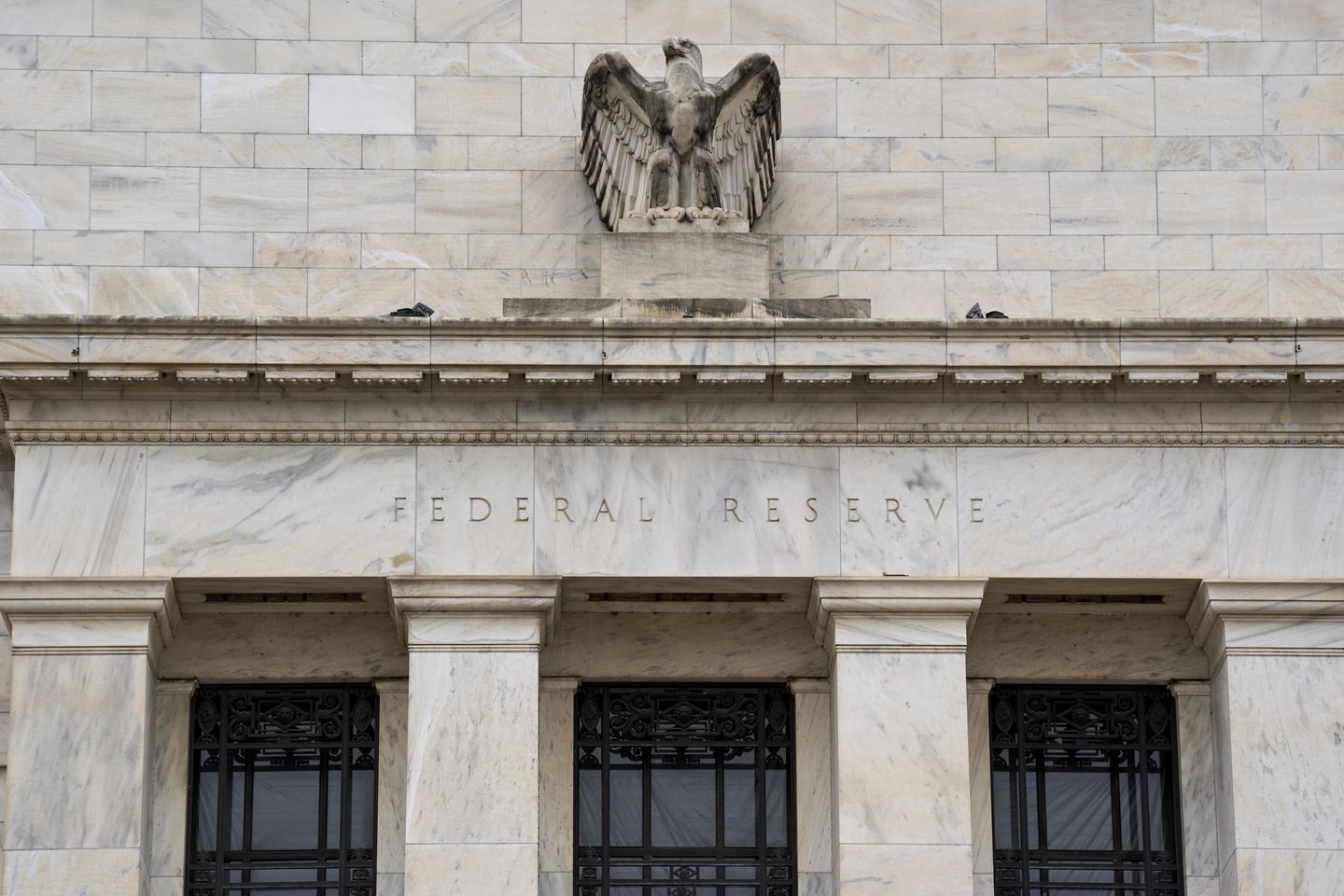
Don’t miss the full story from our staff writers, whose reportage is the basis of this article.
The Federal Reserve has maintained interest rates between 4.25% and 4.5%, resisting President Trump’s pressure to lower them amid his aggressive trade policies. The Fed cited increased economic uncertainty and highlighted risks to both employment and inflation targets.
The decision comes at a critical juncture as the Trump administration implements significant tariff increases, including a blanket 10% import tariff and retaliatory measures that have escalated tensions with trading partners, particularly China. The trade dispute with China has resulted in tariffs exceeding 100% on both sides’ goods.
Fed Chair Jerome Powell acknowledged that the tariff increases have been “significantly larger than anticipated” and their economic impact remains uncertain. He warned that sustained high tariffs would likely increase inflation, slow economic growth, and raise unemployment. Mr. Powell emphasized that while inflation has decreased, it remains above the Fed’s 2% target, and employment remains stable.
In his assessment, Mr. Powell suggested a cautious approach: “We don’t have to be in a hurry… For now, it does seem like it’s a fairly clear decision to wait and see and watch.” This stance has angered President Trump, who previously threatened to terminate Mr. Powell, though he appeared to back off after negative market reactions.
Meanwhile, diplomatic efforts to address the trade impasse are underway. Treasury Secretary Scott Bessent and U.S. Trade Representative Jamieson Greer are scheduled to meet with Chinese counterparts in Switzerland. Mr. Bessent characterized these meetings as an opportunity to “cool things down” rather than negotiate a comprehensive agreement.
Tensions persist, however, with Mr. Trump contradicting Beijing’s claim that the U.S. initiated the talks and refusing to reduce his 145% tariff on Chinese goods as a negotiating tactic.
The economic implications are becoming apparent as retailers report declining import shipments and companies announce price increases to offset higher costs. Jack Kleinhenz, chief economist at the National Retail Federation, noted increased recession concerns amid economic uncertainty.
Despite these tensions, Wall Street markets closed higher following the Fed’s announcement, with the Dow Jones Industrial Average climbing 0.7%.
Mr. Trump has indicated he might consider exemptions for certain essential products like car seats, though he prefers a simpler approach with fewer exemptions.
Read more: Federal Reserve keeps rates steady, defies pressure from Trump
This article is written with the assistance of generative artificial intelligence based solely on Washington Times original reporting and wire services. For more information, please read our AI policy or contact Ann Wog, Managing Editor for Digital, at awog@washingtontimes.com
The Washington Times AI Ethics Newsroom Committee can be reached at aispotlight@washingtontimes.com.












